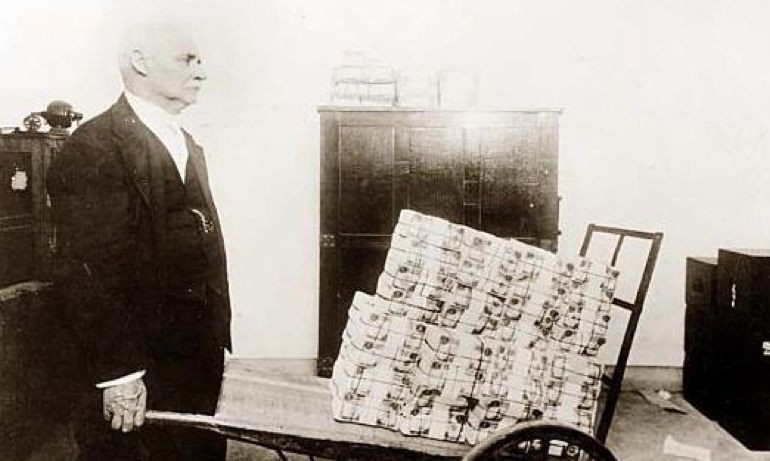Historically, the best answer to high unemployment has been to create more jobs. It’s a wonder if that’s still true, including in America, which has seen diminished and less-secure positions created in this very uneven economic recovery.
Utrecht is to experiment with Universal Basic Income on the city level, and now Finland may give it a go nationally. Can this social safety net work in some countries and not others? In all? In none?
From Chris Weller at Tech Insider:
Over the past decade, unemployment has risen drastically in the small Nordic country, home to just 5.4 million people.
In response, the Finnish Social Insurance Institution, known as KELA, has proposed an experiment to allot a monthly income of 800 euros (or roughly $881) tax-free. The cash will act as a replacement for other social benefits like housing and income support, but people will get it whether they work or not.
In other words, free money for all.
If approved in 2016, the project would begin with a pilot program in which people receive 550 euros per month and retain their benefits, before the model moves on to the real thing.
In purely democratic countries, like the US, basic income has remained on the fringes for decades. The Nixon administration tested out a form of the basic income model in the 1960s, but was met with little success.
“The biggest challenge for the basic income movement is convincing the larger public that it makes sense to redistribute economic resources to provide a basic income to all,” Almaz Zelleke, a basic income expert and associate professor at NYU Shanghai, tells Tech Insider. It involves “persuading the public that a basic income should be viewed as a basic democratic right, like the vote.”
In socially democratic countries, like the Netherlands and Finland, that idea has more legs.•

